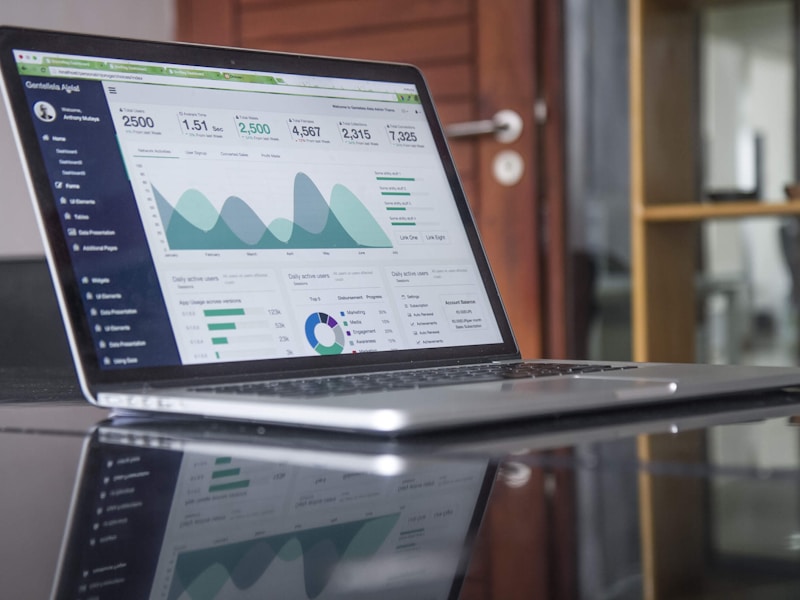
Strategy & Transformation
Empowering businesses to evolve with smart strategies and digital transformation initiatives tailored to their goals.
As a leading custom software development company, GrootNet Softwares delivers tailored solutions that help businesses grow faster and smarter. Our custom software development services are built to scale with your needs-whether you're launching a product or optimizing operations.
Cutting-edge solutions
Lightning fast speed
Perfect execution
Bank-level protection
Smart, scalable, and custom-built solutions to help your business grow, adapt, and lead in the digital world. At GrootNet Softwares, we combine strategy, technology, and creativity to deliver results that matter.
At GrootNet Softwares, we deliver intelligent and scalable custom software development services tailored to the unique needs of each industry. Our AI and ML-powered solutions help businesses streamline operations, reduce costs, and unlock new growth opportunities.
Enhancing patient care, diagnostics, and wellness tracking with data-driven custom software solutions.
Improving fleet management, route optimization, and supply chain efficiency through predictive custom software development.
Enabling fraud detection, credit scoring, and personalized financial services with advanced custom software engineering services.
Boosting customer engagement and sales with smart recommendation engines and behavior analytics powered by custom software development solutions.
Optimizing production, quality control, and equipment maintenance using AI-powered automation and custom software development services.
Delivering personalized travel experiences, dynamic pricing, and smart booking systems with intelligent software solutions.
Creating adaptive learning platforms, virtual tutors, and automated grading systems with innovative custom software development.
Automating property valuation, risk assessment, and project planning with AI-based analytics and custom software development agency expertise.
Driving audience engagement with personalized content, smart tagging, and real-time insights using AI and ML technologies.
Don't just take our word for it - hear from the businesses we've helped transform with our development expertise.
Stay updated with industry trends, best practices, and insights from our experts
Looking for smart, scalable solutions? GrootNet Softwares is your trusted custom software development company. We build tailored custom software solutions that help your business grow.